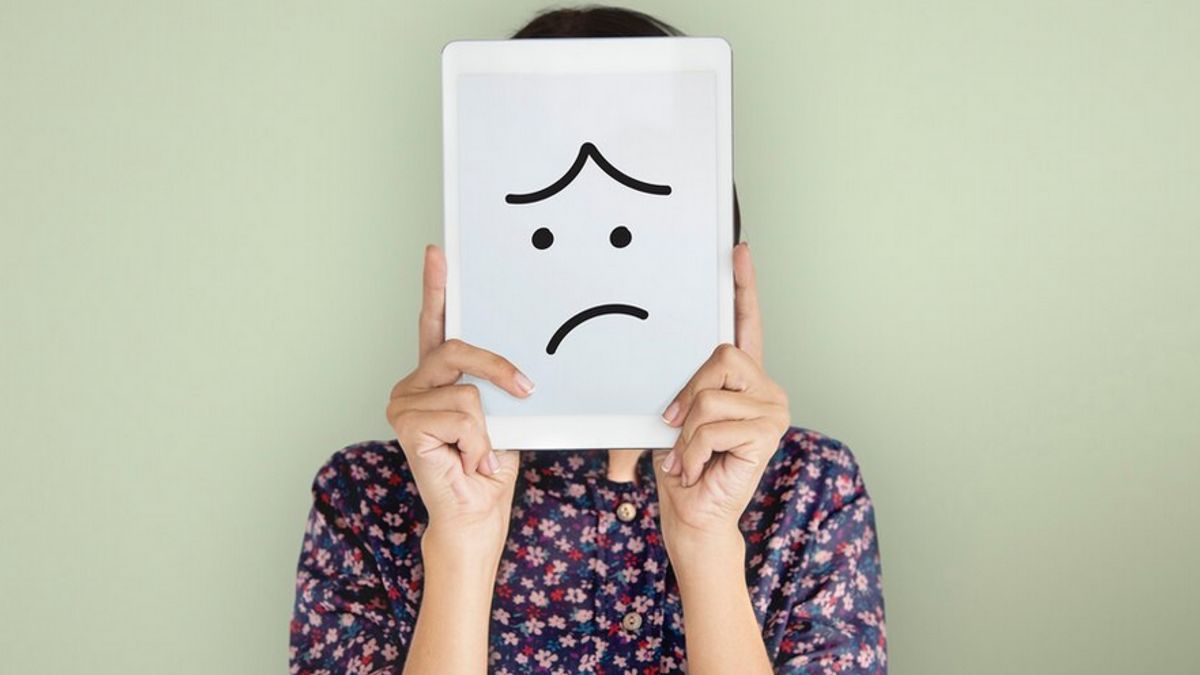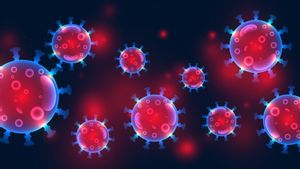YOGYAKARTA Shame can poison because it makes a person feel worthless, constantly criticizes himself, triggering depression. This toxic feeling of shame is defined as hatred for oneself until appreciation is caused by the response to trauma. Whether it's neglect, harassment, and bad treatment by those around you.
The causes of toxic shame, or toxic sharing, usually develop from childhood or early childhood. This is a time when a person's opinions and feelings about himself are still formed. Due to unpleasant experiences, or trauma, it causes the person to internalize the feelings of worthlessness projected by those around him. People who experience emotional and or physical attacks, also absorb and receive feelings of worthlessness about themselves. This is where toxic shame begins. Toxic shame is characterized by some of the following things:
Shame is actually good as long as it builds itself. But if you drop yourself to the lowest point, the effect is negative for welfare. To overcome toxic shame, here are the steps:
Identifying the trigger and seeing what can be controlled, will encourage better. When you recognize the trigger for why you keep criticizing yourself, you will tolerate pressure and avoid triggering self-consisting shame. It is also important to set safe boundaries when others embarrass you.
Recognize feelings and thoughts to understand the extent of self-safety. If you pretend you don't feel or think about certain things, you won't be able to change them any better. So let yourself feel these things rather than block and ignore them. Next, you can find a way out.
It should be understood, admitting that feelings mean compassion for yourself. That way, you can understand yourself even though those feelings will not disappear overnight. It's okay, fighting with toxic shame is not uncontrollable. It's just that you need to start from not judging yourself.
SEE ALSO:
Therapy can help deal with toxic sharing. Approaches such as DBT (Dialestic/Dialectical Behavior behavior) and ACT (Terapi Admission and Commitment/Acceptance and Commitment Therapy) can help overcome toxic shame.
If you have friends or family you can trust, talk to them about how you feel. Most likely, they don't feel the same way. But hearing positive feedback from other people can help build self-esteem and fight toxic shame.
Loving yourself is also important, reported by VeryWellMind, Sunday, August 4. It needs to be realized, changes don't happen overnight. So when toxic shame feels intense, you need to try to deal with these problems and fight these feelings.
The English, Chinese, Japanese, Arabic, and French versions are automatically generated by the AI. So there may still be inaccuracies in translating, please always see Indonesian as our main language. (system supported by DigitalSiber.id)


















